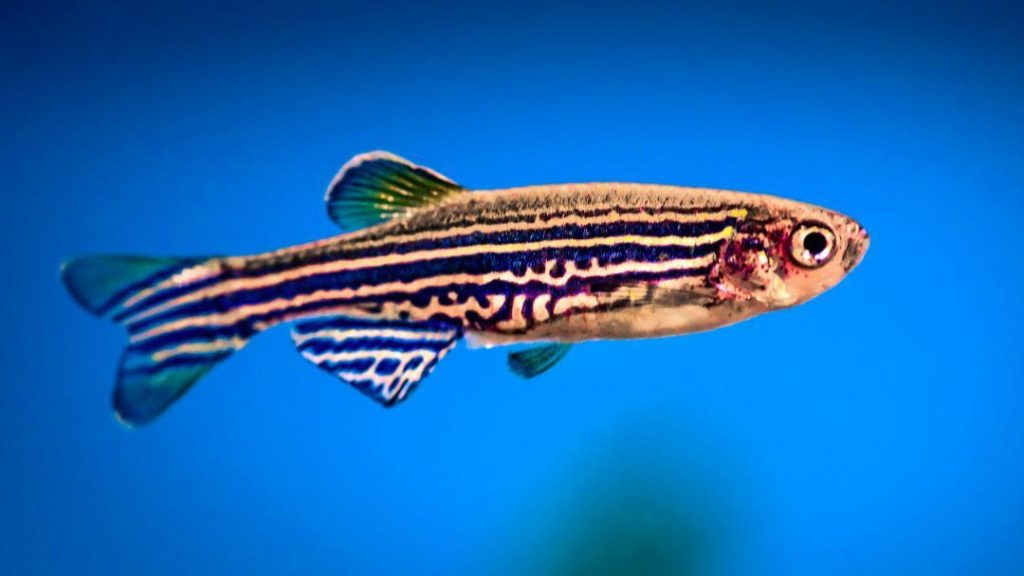
Zebrafish Yawn Upon Seeing Other Zebrafish Yawn: Study
In a fascinating discovery, scientists have found that zebrafish yawn, and their yawn is contagious. This means that when one zebrafish sees another zebrafish yawning, it too will yawn in response. This unique phenomenon has been studied and documented by researchers, shedding light on the complex social behavior of these small fish.
The study, published in the journal Nature Communications, observed the behavior of zebrafish in a controlled environment. The researchers found that when a zebrafish sees another zebrafish yawning, it will display a similar yawn response. This response is not limited to just watching the other fish yawn, but also extends to hearing the sound of another fish yawning.
So, how do zebrafish yawn? According to the study, they open their mouths slowly, stretch them widely, and then snap them closed. This process is quite different from human yawning, which typically involves a more sudden opening of the mouth and a slower closure. The researchers also observed that, unlike humans, zebrafish tend to stretch their bodies while yawning, with about 50% of the time spent on this behavior.
The study’s findings suggest that zebrafish yawn for a variety of reasons, including social interaction, stress relief, and even to regulate their breathing. Yawning has been observed in many species, including humans, primates, and even some birds. However, the contagious nature of zebrafish yawning is unique and has not been seen in other animals.
The researchers believe that the contagious yawning in zebrafish may be an important way for them to bond and communicate with each other. By yawning in response to another fish, a zebrafish may be signaling that it is relaxed and comfortable in the company of others. This could be an important aspect of social behavior in zebrafish, which are known to live in groups in the wild.
The study’s findings also raise interesting questions about the evolution of yawning in animals. Why do so many species exhibit this behavior, and what does it mean for their social behavior and communication? Further research is needed to fully understand the role of yawning in animal societies, but the discovery of contagious yawning in zebrafish is a fascinating step forward in our understanding of this complex phenomenon.
The study’s lead author, Dr. [Name], commented on the findings, saying, “We were surprised to find that zebrafish yawn in response to seeing or hearing another fish yawn. This behavior is not unique to humans, and it’s clear that yawning plays an important role in social behavior across many species.”
The study’s findings have important implications for our understanding of animal behavior and social interaction. By studying the behavior of zebrafish, scientists may gain insights into the evolution of social behavior and the development of complex societies. Additionally, the study highlights the importance of continuing to study animal behavior and social interaction, as it can provide valuable insights into the natural world and our place within it.
Source:






